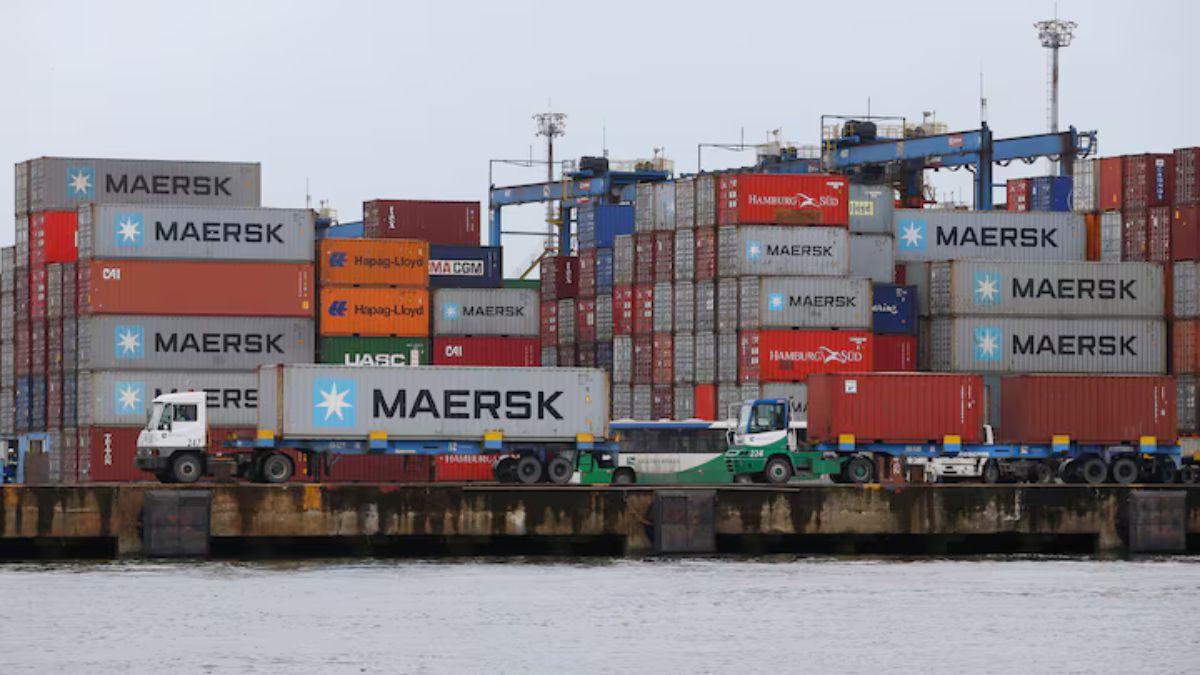Maersk tests Brazilian ethanol fuel mix amid push for 'net-zero' emissions by 2040

Danish shipping company Maersk said on Monday that it would be testing a blend of Brazilian ethanol, methanol, and marine diesel—usually called "bunker" fuel—with the aim of using it in its own vessels in the future.
The shipping giant added that this was part of its attempts to reduce its carbon footprint and reach net-zero emissions by 2040, as per a Reuters report.
Maersk, which is involved in about 15 per cent of the global maritime shipping ecosystem, currently accounts for 3 per cent of greenhouse gas emissions on a global scale.
If the tests prove successful and the fuel mix is adopted worldwide, the demand could boost Brazil's ethanol production from 37.3 billion litres in the 2024-25 harvest season—29.1 billion litres from sugarcane and 8.1 billion litres from corn—to 50 billion litres, as per UNICA (a trade association for Brazil's sugarcane industry) and Reuters reports.
Brazil's corn ethanol production is also set to nearly double to 16 billion litres by 2032, driven by rapid industry expansion and infrastructure development, Citi Investment Bank has said.
"This is the first time ethanol is being burnt in a two-stroke engine that's four stories tall—it's a completely different scale of research and level of concern," said Danilo Veras, VP of Regulatory Policies at Maersk Latam.
Veras added that the shipping company chose Brazilian ethanol for the tests because it was sourced from sugarcane and corn fields, which lowered potential impacts for deforestation.
Maersk is scheduled to complete tests on the Brazilian ethanol mix (10 per cent) in methanol-powered vessels by October 23, after which it will start testing bunker fuel.
If the new fuel blend works, the shipping giant will begin negotiations with major Brazilian ethanol producers, such as Raizen, Copersucar, Inpasa, FS, and Atvos.
Maritime